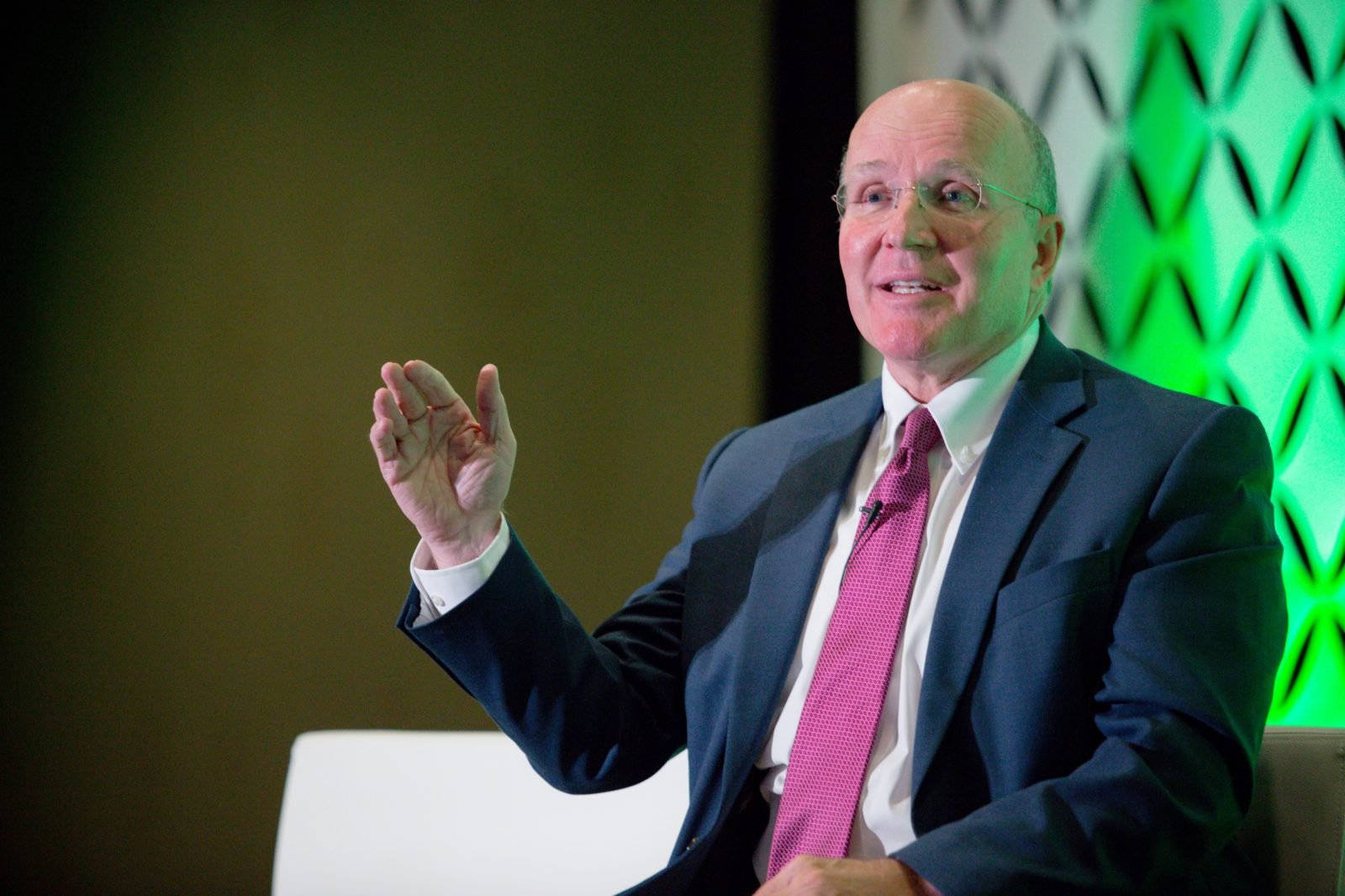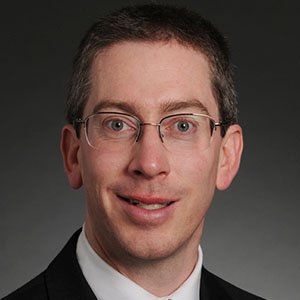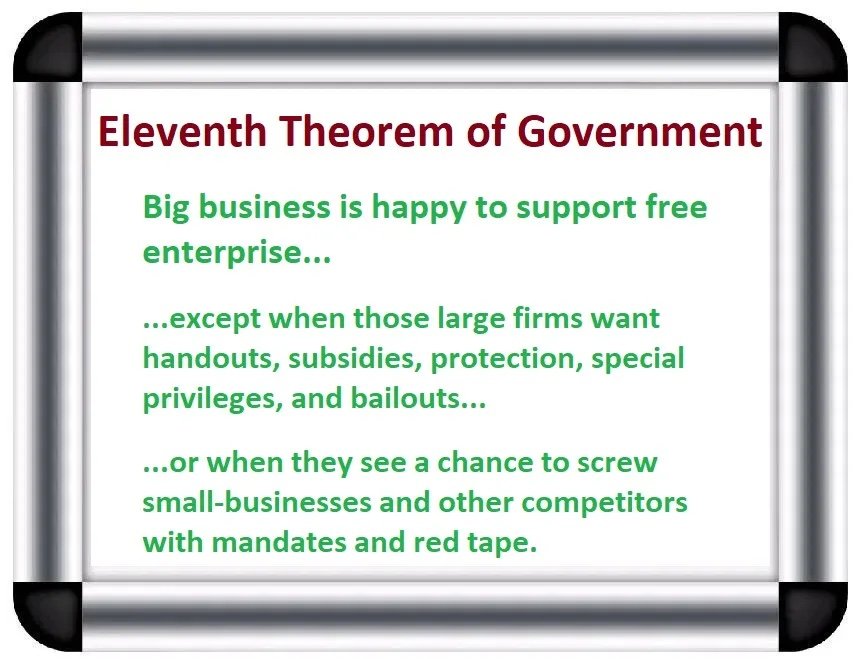This week Ron and Ed welcomed Mathew Kerbis, aka The Subscription Attorney to talk about, you guessed it, subscription-based lawyering. His firm, Subscription Attorney LLC was founded in 2022 and is a modern law firm offering legal advice starting at $19.99/month, to help provide affordable access to legal advice for small business owners, freelancers, and everyday people. As usual the conversation with be mind-bending.
About Mathew Kerbis
Matt founded Subscription Attorney LLC, a modern law firm offering legal advice starting at $19.99/month, to help provide affordable access to legal advice for small business owners, freelancers, and everyday people. His legal services include general legal advice, contracts, real estate, simple estate plans, demand letters, and negotiating disputes to avoid court. Learn more at https://subscriptionattorney.com. He launched the podcast Law Subscribed to help the rest of the legal profession make the same choice.
Use these show notes to follow along with audio…
Segment one:
Why did Mathew choose the profession of law? In college he was told, “You study logic, you do well on the LSAT and you can go to law school,” Sounded good enough to him :)
Fast forward to today and now Mathew is the founder of Subscription Attorney, LLC at https://subscriptionattorney.com/
Mathew has the same disdain for the billable hour as we do. Ron was sure to call this out during the first segment and Mathew was quick to give background on what brought him to this conclusion.
Segment two:
Mathew pivoted to the founder of Subscription Attorney, LLC while building a book of transactional business in the background. His story should sound familiar to many. It took grit and lots of networking.
The pricing model for Subscription Attorney, LLC starts at $19.99 per month which includes access to Mathew, his flat fee services, and his growing knowledge base.
Cost CERTAINTY is something that makes Mathew’s clients very happy. The price is clear and there is no hourly rate. More here: https://subscriptionattorney.com
How does Mathew decide what he covers and what he doesn’t cover? His engagement agreement is publicly available on his website at this link: https://subscriptionattorney.com/#engagement
Mathew has a great Zoom background that includes a QR code. Check it out here (and think about doing it yourself?
Segment three:
As your attorney, I highly recommend you listen to Mathew’s podcast where he talks about people who are innovating in the law space. More info here: https://linktr.ee/lawsubscribed @lawsubscribed
What is the number one thing Mathew sees with his clients as a result of moving away from the billable hour and towards subscription? “THEY ARE NOT AFRAID TO CALL ME” — nailed it!
“How much money you make is not based on your time anymore.” —Mathew Kerbis when talking about moving away from the billable hour.
Making the cancel button PROMINENT and EASY to find means the customer/member is even more comfortable with your service.
Segment four:
General practitioners might get to the point one day where they can subscribe to specialists on behalf of their customers/members. Mathew calls this “subscription arbitrage” and it’s a brilliant term.
“This can’t be done” is something Mathew is not hearing much anymore. Instead, he is hearing “This is genius. Why didn’t I think of that?” more and more often…
Shift Supervisor at Starbucks is something you will see on Mathew’s LinkedIn profile. The story behind his experience there and how he was pulled it forward is great (check out segment four of the show today)
A big THANK YOU to Mathew Kerbis for joining us today. Check out the Subscription Attorney at this link https://subscriptionattorney.com/
Bonus Content is Available As Well
Did you know that each week after our live show, Ron and Ed take to the microphone for a bonus show? Typically, this bonus show is an extension of the live show topic (sometimes even with the same guest) and a few other pieces of news, current events, or things that have caught our attention.
Click the “FANATIC” image to learn more about pricing and member benefits.
































